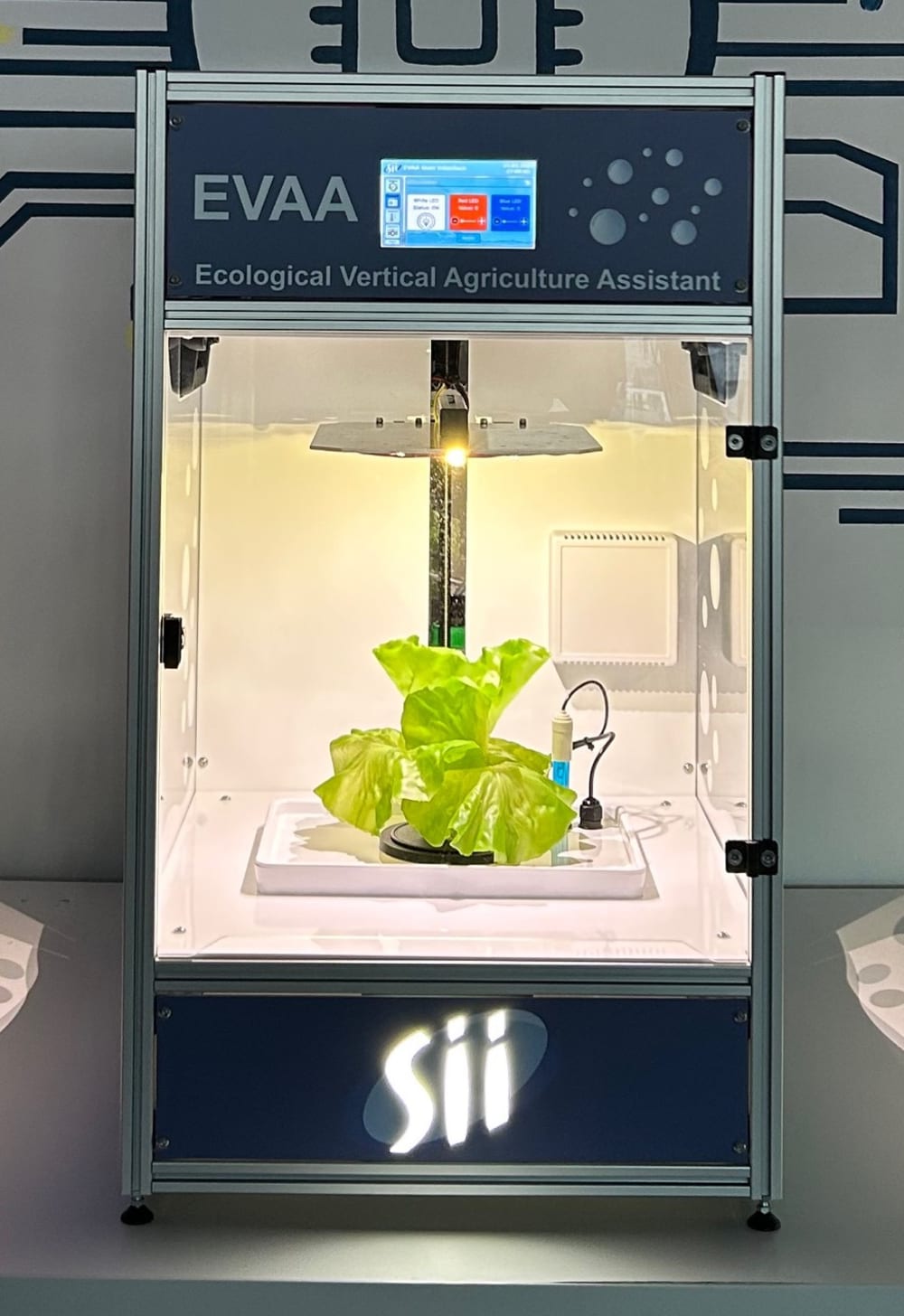
The system learns how to control the environment to provide best conditions for plant growth.
The EVAA R&D Project is a groundbreaking initiative that aims to revolutionize the way plants are cultivated in indoor hydroponic farms. The increasing demand for sustainable and efficient food production has led to the development of this ambitious project. By leveraging artificial intelligence algorithms, specifically reinforced learning, the project seeks to optimize the process of plant growth in hydroponic systems.
The business need behind the EVAA project is to train an AI system capable of cultivating plants in an indoor vertical farm. These farms offer several advantages, including year-round production, reduced risk of crop failure, and minimal water usage. By bringing food production closer to urban areas, where it is most needed, indoor vertical farms have the potential to address food security challenges.
The EVAA project was initiated by a group of engineers from Sii Poland, who recognized the potential of vertical farming and AI technologies to revolutionize agriculture. Their ultimate objective is to create a scalable vertical hydroponic farm where the environment, including lighting, water, and fertilizer, is controlled by AI algorithms.
One of the key contributions of the EVAA project lies in the use of reinforcement learning and advanced image processing technologies. These tools enable the AI algorithms to determine the optimal parameters for plant growth, thus ensuring the best possible conditions for each stage of the plant growth cycle. By optimizing resource usage, such as energy and water, the project aims to make farming more ecological and less energy-intensive.
The core components of the EVAA project include a mathematical model for plant growth, a learning algorithm for controlling the plant growth environment, and a hardware and software solution for environmental control. To automate the cultivation process, an automatic dispenser of plants is employed, which ensures precise planting and monitoring. The project also incorporates a processing camera to capture and analyze images of the plants, providing valuable insights for optimal growth.
The intelligent agent at the heart of the system is powered by a reinforcement algorithm, which enables it to learn and adapt based on the feedback received from the environment. Additionally, sensors for temperature, humidity, CO2 levels, lighting, and pH are integrated into the system to continuously monitor the conditions and make real-time adjustments.
Components
- Mathematical model for plant growth
- Learning algorithm for controlling plant growth environment
- Hardware and software solution for environmental control
- Processing camera image
- Reinforcement algorithm for the intelligent agent
- Sensors for temperature, humidity, CO2, lighting, pH level
The EVAA R&D Project team firmly believes that their work can be a significant step towards addressing the world's hunger problem. By leveraging the power of AI and sustainable farming practices, they aim to increase food production while minimizing resource consumption. The potential scalability of vertical hydroponic farms controlled by AI holds promise for a future where sustainable agriculture can meet the needs of a growing global population.
-
Awards
-
 2023 Top 100 Entries
2023 Top 100 Entries
Like this entry?
-
About the Entrant
- Name:Pawel Czapiewski
- Type of entry:individual
- Patent status:none

